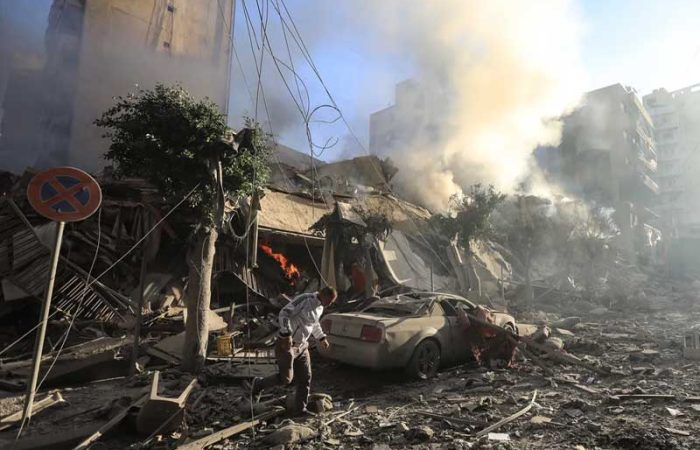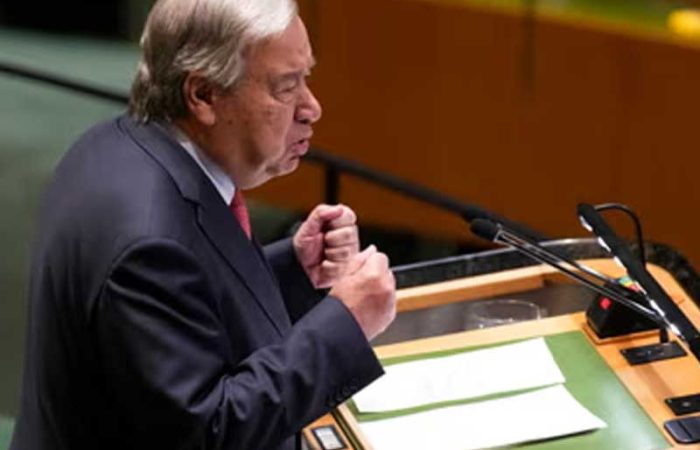The global teacher shortage alert was raised during a meeting in Johannesburg, South Africa, by the International Task Force on Teachers for Education, where the UN Secretary-General’s High-Level Panel on the Teaching Profession introduced a new set of recommendations to ensure future learning opportunities for everyone.
Emphasizing the importance of quality education for evolving into ‘learning societies,’ UN Secretary-General António Guterres stressed the critical role of high-quality teachers in equipping people worldwide with essential skills and knowledge.
UNESCO highlights that by 2030, seven out of 10 teachers at the secondary level will need replacement, with over half of current teachers expected to leave the profession by then. Sub-Saharan Africa is particularly affected, requiring an estimated 15 million new teachers by 2030.
The shortage of teachers globally leads to larger class sizes, overwhelmed educators, educational inequalities, and financial strain on school systems, affecting educational access and quality.
Based on the UN Summit on Transforming Education in 2022 and supported by the International Labour Organization (ILO) and UNESCO, the high-level panel’s recommendations focus on dignity, humanity, diversity, equity, inclusion, quality, sustainability, innovation, and leadership.
Advocating for the support and recognition of teachers, the Secretary-General urges the widespread adoption of guidelines developed by education experts to ensure quality education and skills for all.
The recommendations include creating an environment where teachers can drive educational change, promoting critical thinking and modern learning skills, and viewing teachers as collaborative partners in education. Adequate funding and technology integration are essential, particularly for digital learning.
Teacher attrition rates have increased globally, with many leaving the profession within the first five years. Financing additional teachers to achieve universal primary and secondary education by 2030 is estimated to cost $120 billion annually, necessitating investment in teacher training, professional standards, teacher representation in policy decisions, and national commissions to address teacher shortages.



